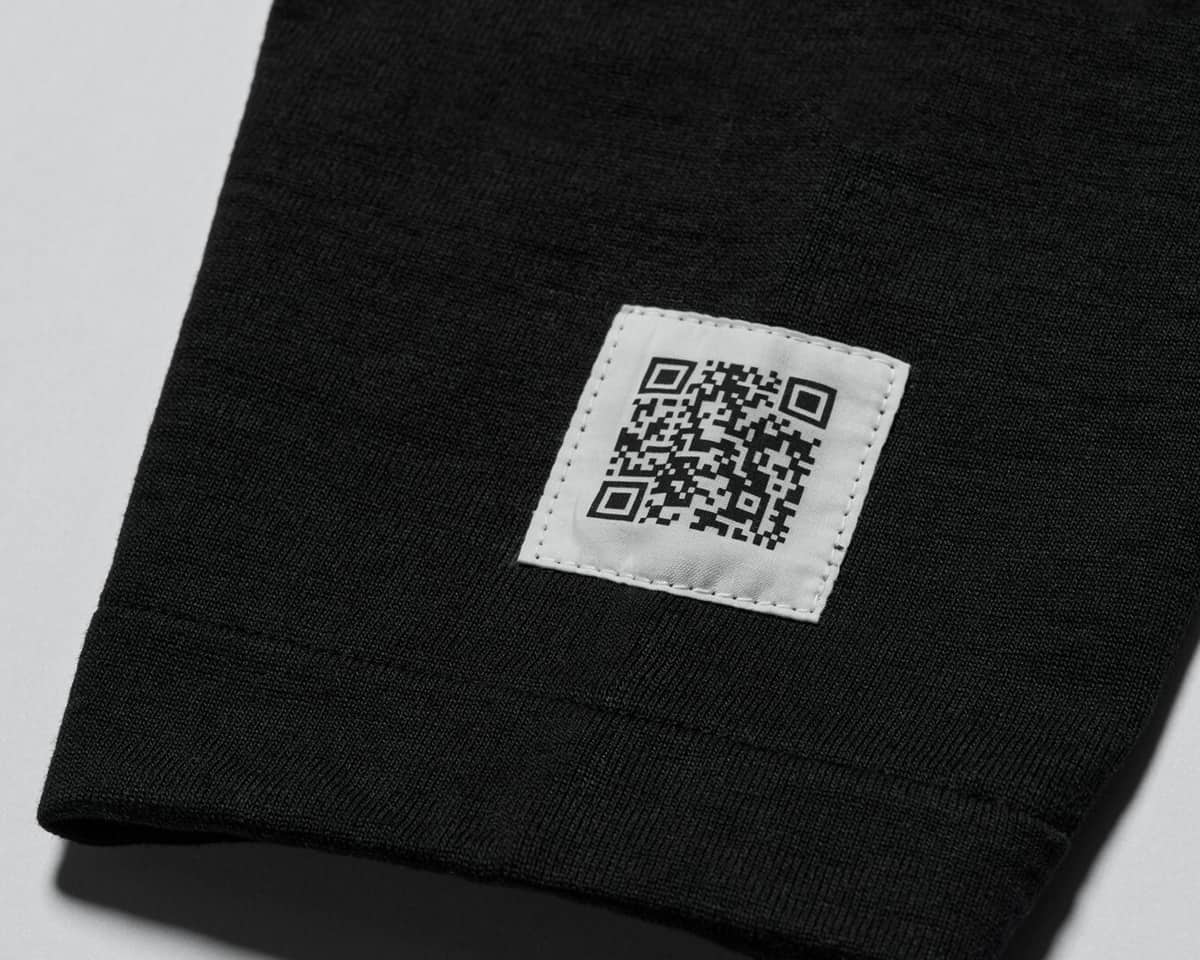PANGAIA AND GOLDWIN JOIN FORCES WITH SPIBER TO BUILD GLOBAL CIRCULARITY SOLUTION

Japanese biotech startup Spiber has created a “biosphere circulation program,” a pioneering method for upcycling biobased and biodegradable textile and agricultural waste through the company’s proprietary fermentation technology.
No…that extra inventory you have stashed in the warehouse will not be made into beer, but rather through this process, an innovative material called “Brewed Protein” can be created and turned into fibers that are animal- and petrochemical-free, addressing many modern environmental issues and risks.
To speed up the implementation process, Spiber is collaborating with Pangaia, the U.K.-based “leisure lifestyle company,” and Goldwin, a Japanese minimalist lifestyle collection, to accumulate data and develop product design guidelines, all in the hopes of getting to an industry-wide adoption of this sustainable approach more quickly.
Recognizing that end-use textile recycling is challenging, Spiber has been testing fibers, dyes, and processing chemicals used for apparel to verify what can be efficiently digested into nutrients. This information is being used to create guidelines for the appropriate textile products that the industry can use to adopt this innovative process.
“Pangaia is delighted to explore the next phase of its partnership with Spiber by joining its biosphere circulation project. At Pangaia, we are focused on accelerating the development and broader adoption of problem-solving technologies and materials into the fashion industry. This project aligns perfectly with those goals and our research focuses by tackling one of the industry’s biggest and most complex issues – waste,” says Craig Smith, Research & Development Director at Pangai.

As a first step, Spiber has worked with Goldwin to create a demonstration product that helps identify potential challenges. Spiber has created a demonstration webpage (available until July 26) where users can access detailed breakdown information of materials and chemicals used to make the product. This webpage is just a glimpse into the company’s vision for building a platform to enable its circularity solution through transparent access to data.
The demonstration product is currently being displayed at the Innovation Hub at Future Fabrics Expo in London, UK, from today through June 28. During the event, Kenji Higashi, Executive Vice President of Business Development, Sales & Sustainability, will participate in a panel discussion on June 27 to shed light on the challenges encountered and provide further insights on the dissemination of biomaterials and the circular economy.


